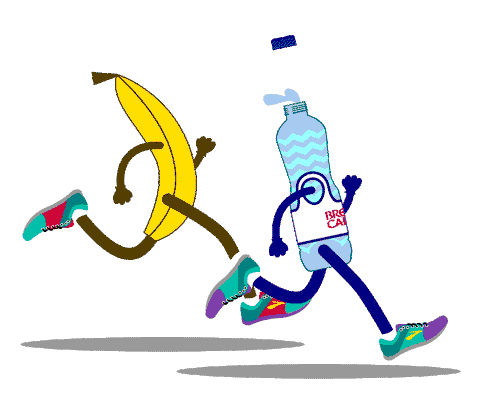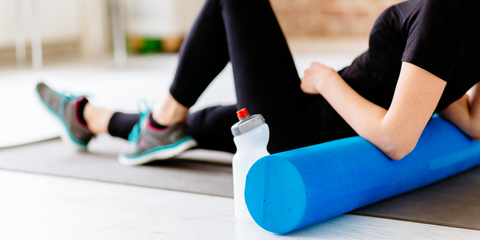
After a marathon, your muscles are damaged, your body is dehydrated, and your energy stores are depleted. Michael Saunders, the director of James Madison University's Human Performance Laboratory, recommends refueling with a liquid mixture of carbohydrates and protein following a taxing effort like a marathon.
He’s found that a carbohydrate and protein mix drink can significantly help athletes after heavy exercise, keeping markers of muscular damage, like creatine kinase, in check. Though more research is needed, successful studies have used drinks or foods with around 20 percent protein and 80 percent carbs. For example, a 2012 study in Medicine & Science in Sports & Exercise found that fat-free chocolate milk—about 25 percent protein and 75 percent carbs—boosted muscular protein uptake and repair following a 45-minute run at a moderate pace.
REPAIR
In a recent review, researchers looked at ice bathing after a strenuous workout and concluded that it can be effective for reducing muscle soreness after exercise. (It was especially true in studies involving runners.) The cold temperature tamps down inflammation and helps flush out waste from your muscles.
Another increasingly popular way to boost recovery for runners is by wearing compression gear. A new study in the Journal of Strength & Conditioning Research found that donning a pair of full-length compression tights for 72 hours after finishing a marathon significantly decreased how sore your muscles feel, though it had no actual impact on the biological markers of inflammation and muscle damage. The compression recovery systems also showed the benefits, as decrease in soreness after the long-distance runs.
ROLL

Like compression gear, massage and foam rolling both have a few small studies supporting their use in decreasing muscle soreness and damage after a strenuous workout. One 2012 study found that post-exercise massage produced minor reductions in a few markers of inflammation, and a recent study published in Medicine & Science in Sports & Exercise found that foam rolling reduced soreness and improved muscular strength in the days following a tiring set of squat exercises.
Take it easy for the first few days—there's no need to return to running or do any strenuous exercise. Start cross training three to four days after the marathon to get some blood flowing back into your muscles. Try jumping on a bike or in the pool. If you're feeling good one week after your marathon, do some normal runs every couple days. After another week, transition back into your regular running schedule, but don't plan any races or push your mileage too high for at least another month.
by John Davis
